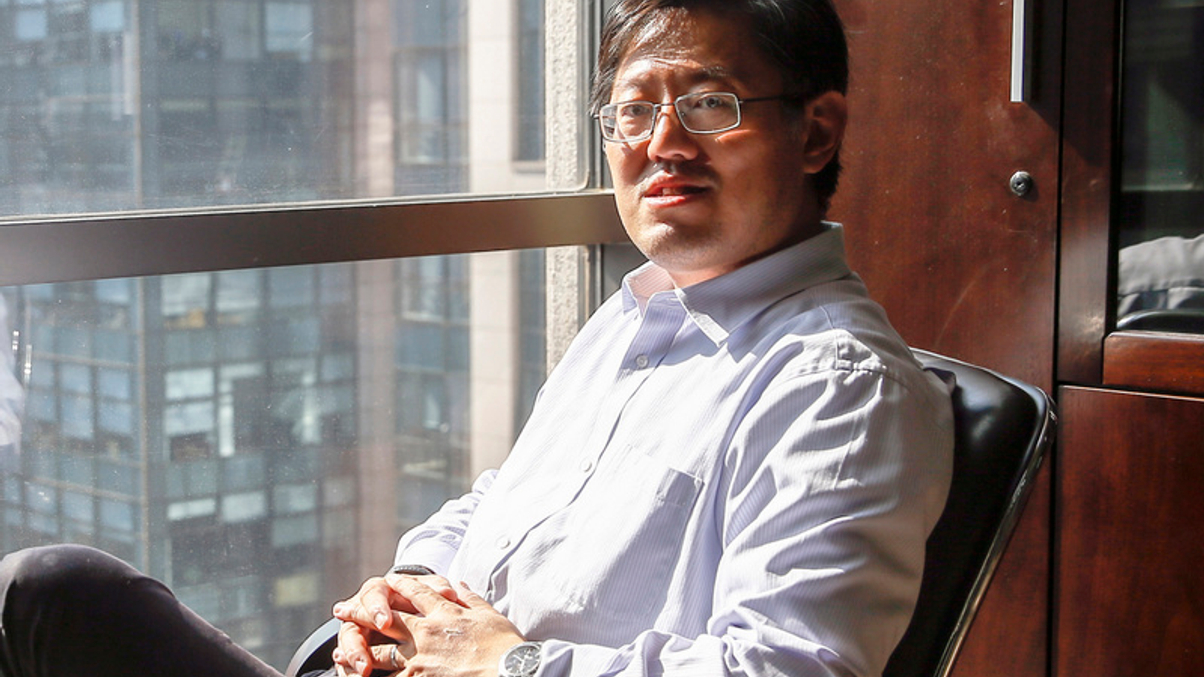Ramping up equity exposure
Larry Wan, chief investment officer, Zhongrong Life Insurance

Larry Wan is chief investment officer at Zhongrong Life, a Beijing-based insurance firm with Rmb18 billion ($2.94 billion) in assets under management.
Sign in to read on!
Registered users get 2 free articles in 30 days.
Subscribers have full unlimited access to AsianInvestor
Not signed up? New users get 2 free articles per month, plus a 7-day unlimited free trial.
¬ Haymarket Media Limited. All rights reserved.


